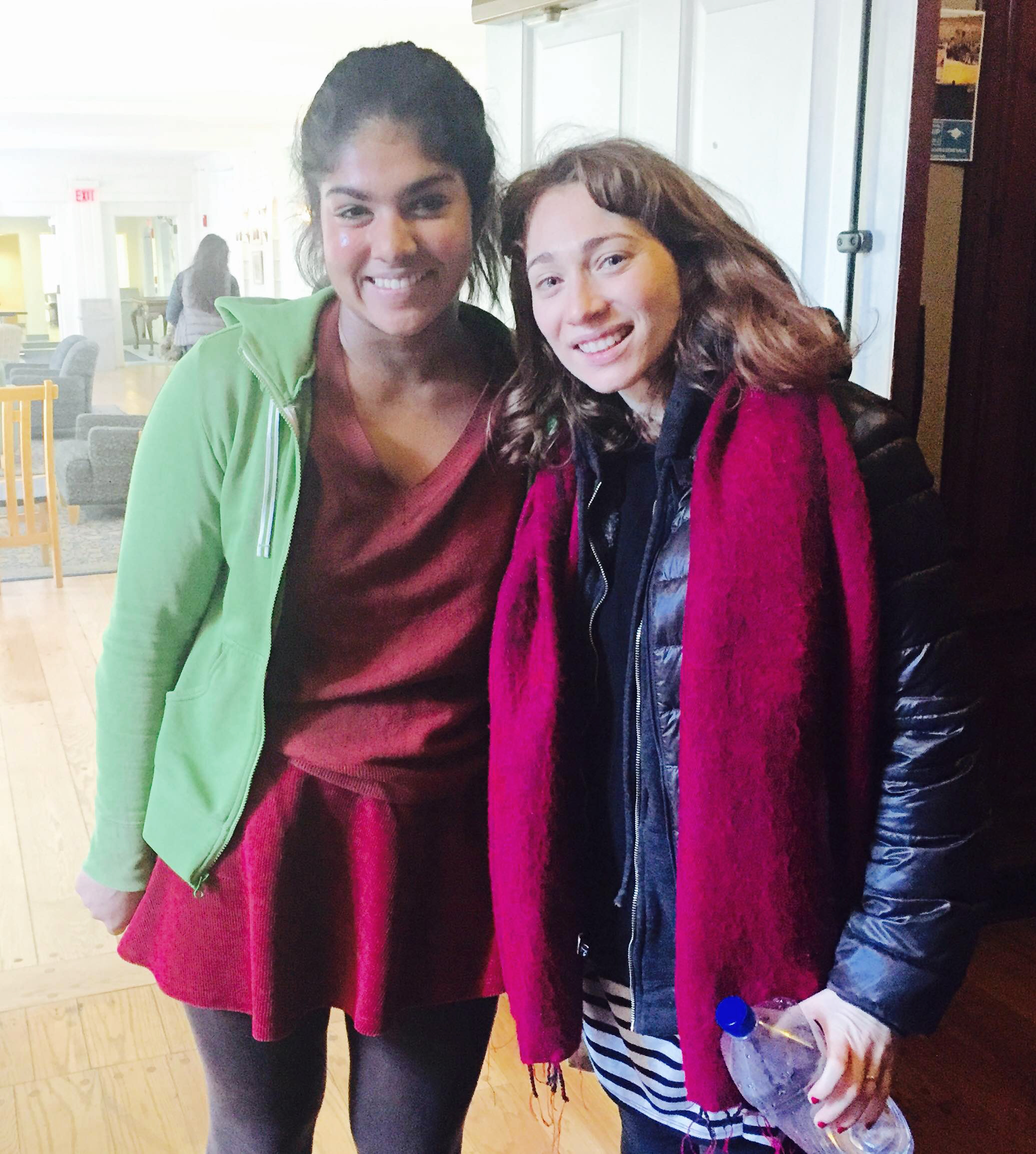
Courtesy Khai Tran
When I was 10 years old, my sister and I watched the movie “500 Days of Summer.” At the time, it was one of her favorites. After it was over, my sister asked me whether I liked it. I nodded my head vigorously — I loved it, but not because of the actors or the romantic storyline, but because of the music.
Regina Spektor’s song “Us” plays at the beginning of the movie during the opening credits, and her song “Hero” scores one of the more brooding, dramatic scenes. Immediately after finishing the movie, I ran to my dad’s laptop (I didn’t have one back then) and searched “Regina Spektor.” I discovered a colorful and vivacious world of music, and, like a child (a younger child) in a candy store, I wanted to taste the flavor of each and every song.
Soon, I was hooked. Regina Spektor’s music is rare in that it not only pleases the ear with unique and varied rhythms, but also engages the mind. What I admire most about Spektor, and what prompted me to develop such a love for her music, is her lyrical prowess. In each of her songs, she says something new about the things we all grapple with in daily life — happiness, sorrow, love, confusion, growing up. Her lyrics possess a kind of frankness, for she says exactly what she wants to say and what her listeners want to say but somehow can’t. An example of this is one of her more popular songs, “On the Radio,” in which she says, “This is how it works/You’re young until you’re not/You love until you don’t/You try until you can’t/You laugh until you cry/You cry until you laugh/And everyone must breathe/Until their dying breath.” Her lyrics, in other words, are deceptively simple, saying something complex and yet intuitive about human nature and life.
On Oct. 15, I was eating brunch in the Davenport dining hall when a woman entered with her boyfriend, wearing a black, shiny jacket and a fuchsia pink scarf. At first I thought my mind was deceiving me, but somewhere inside I knew who it was. I explained the situation to my friend, and he encouraged me to approach, literally pushing me in her direction. I stood in front of her for a moment, my mouth possibly agape. I looked at her in awe, astounded and unable to speak. I thought of all the nights I spent back home, listening to her music, mouthing the words of “Samson” or “Loveology,” how I’d wake up every morning and listen to one of her songs to help me through the day. I thought of how much the lyrics in her songs meant to me and mean to me, how they accompanied me through the best and worst parts of my life. With all of this in mind, all I could manage to say was: “I’m your biggest fan. I can’t believe you’re actually here. I’m your biggest fan,” and she smiled and patted my shoulder. My friend asked her if we could take a picture together and told her I’d be attending her concert later that night. Spektor remarked that the Davenport common room might be a nice backdrop.
Leaving the dining hall, I still couldn’t believe I’d actually met Regina Spektor. I’d seen her entering the dining hall of my residential college. I’d met the person I wrote about in my college essays and whose Facebook account I’d messaged when I was 13, saying, “I know I will probably never meet you, and, even if this message is going to the air, I want to say that your music makes me believe there is someone in the world who understands.”
I met her. And I couldn’t say all the things I wanted to say, but, in some way, I am thankful for the brief interaction. It was all I needed to believe that maybe things do happen for a reason. I’m not saying that Regina Spektor getting lost and stumbling upon the Davenport dining hall right at the moment when I was having brunch there is Fate, but to me it sure feels like it was. I think that’s what’s important — that, to me, it feels like Fate, even if it isn’t.
Now, on a day when I feel lost in the ordinary shuffle of daily life, I’ll be able to stop and listen to Regina Spektor’s voice in my mind. I’ll be able to see her stumbling into the Davenport dining hall lost, and, for a moment, I won’t be.
Contact Meghana Mysore at
meghana.mysore@yale.edu .







